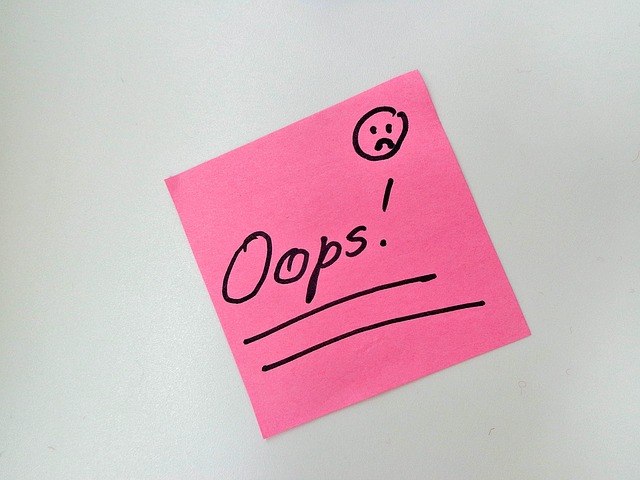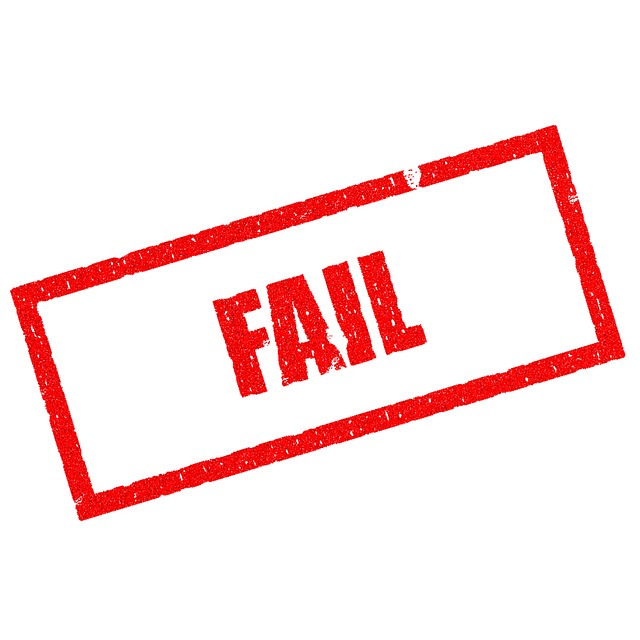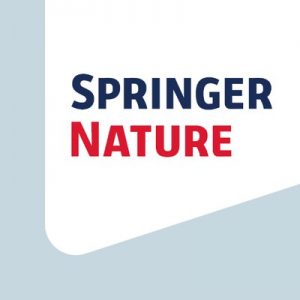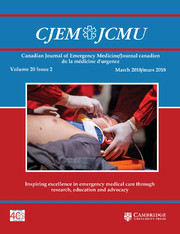All rejection is hard to take. But, as one psychology researcher has found out, “having a paper rejected half a year after publication is something new …”
We’ll explain.
In January 2021, Eiko Fried, of the Department of Clinical Psychology at Leiden University, in The Netherlands, published an article in Psychological Inquiry titled “Lack of Theory Building and Testing Impedes Progress in The Factor and Network Literature.”
Since then, the paper has been viewed more than 2,400 times and cited a handful of times.
But on May 17, Fried received an email from the journal, which is published by Taylor & Francis, with unfortunate news: His article, according to the support administrator, was “unsuitable for publication.”
Continue reading Congratulations! Your already-published article has just been rejected


 For the second time in a week, we’ve come across a retraction notice that gave the wrong reason for the retraction.
For the second time in a week, we’ve come across a retraction notice that gave the wrong reason for the retraction. The
The 

 A paleontology journal has retracted a recent paper after discovering it had published the
A paleontology journal has retracted a recent paper after discovering it had published the